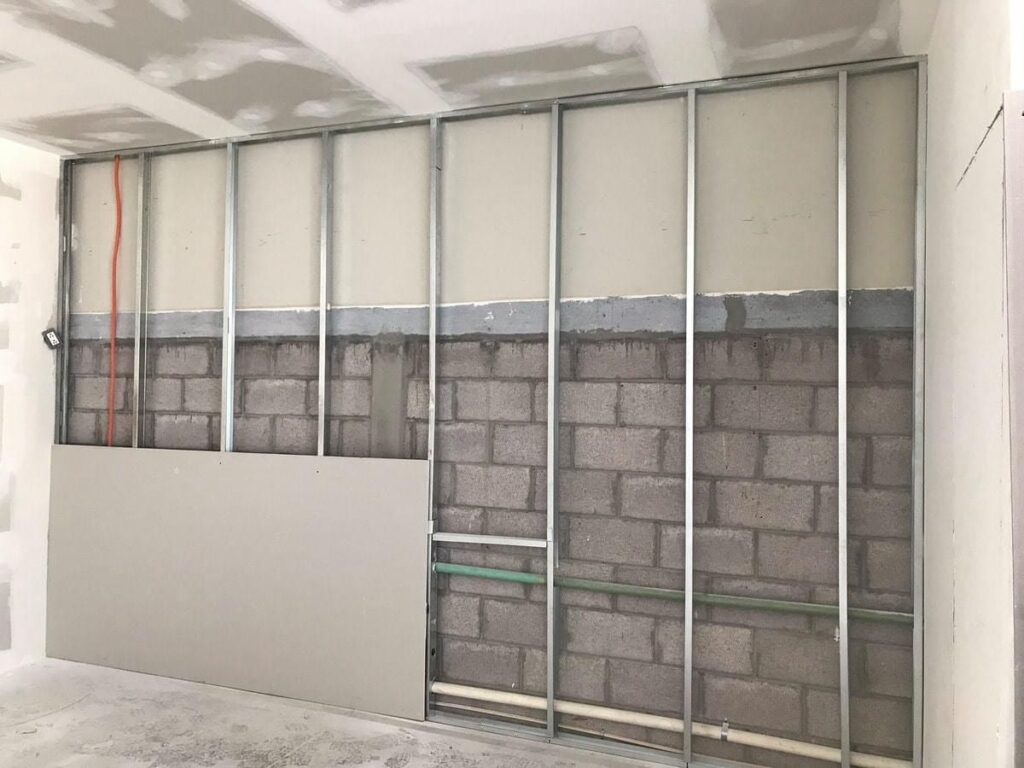When it comes to **home renovation**, many homeowners find themselves excited yet overwhelmed. You know, the idea of transforming your living space can be exhilarating. However, the entire process comes with its fair share of challenges. As someone who has dabbled in home improvement projects, I understand how crucial it is to plan and execute renovations wisely. Let me take you through some essential aspects of home renovation that can help you make informed decisions.
Understanding the Basics of Home Renovation
To start off, home renovation refers to the process of improving or updating a home. It can range from minor fixes, like changing a light fixture, to major overhauls, such as a full kitchen remodel. The purpose of these renovations varies; some homeowners want to enhance the aesthetics of their homes, while others aim to increase property value or improve functionality.
Why Consider Home Renovation?
- Increased Property Value: One of the key reasons for undertaking a renovation is to boost the market value of your home. A well-executed renovation can provide a substantial return on investment.
- Enhanced Comfort: A home should be a haven. Renovations can create a more comfortable living environment, catering to your family’s needs.
- Modernization: Outdated designs and fixtures can make your home feel less appealing. Renovations allow you to modernize your space and incorporate the latest trends.
- Increased Efficiency: Upgrading appliances and installations can lead to better energy efficiency, saving you money in the long run.
Planning Your Renovation Project
Now that you understand the benefits, it’s time to dive into the planning phase. This stage is crucial for a successful home renovation.
Setting a Budget
Your budget will dictate the scope of your renovation project. It’s important to set a realistic budget that includes all potential costs. Consider the following:
- Materials: Prices can vary significantly based on quality and brand.
- Labor: If you are hiring professionals, factor in their fees.
- Contingency Fund: Always set aside 10-20% of your budget for unexpected expenses.
Choosing the Right Professionals
Unless you are a DIY expert, hiring professionals will likely be necessary. Research and find contractors with good reviews. Ask for quotes and compare them. Remember, the cheapest option isn’t always the best. Look for quality and reliability.
Designing Your Renovation
The design phase is where your vision comes to life. It’s essential to consider both aesthetics and functionality in your design.
Choosing a Style
Deciding on a style will help guide your choices for materials, colors, and layouts. Popular styles include:
- Modern: Clean lines and minimalistic designs.
- Farmhouse: A cozy, rustic vibe that’s very inviting.
- Industrial: A mix of metal and raw materials for a trendy look.
Utilizing Space Wisely
Another vital aspect of design is space utilization. Think about how you use each room and whether the current layout supports that. Open floor plans are popular, but make sure they align with your lifestyle.
Executing the Renovation
Once the planning and design are in place, it’s time to get to work. Execution can be the most stressful part, but it can also be the most rewarding.
Managing the Renovation Process
Keep communication channels open with your contractors. Regular check-ins will help you stay informed about progress and any potential issues. Be prepared for unexpected challenges, as they can arise at any point in the project.
Dealing with Disruptions
Let’s face it, renovations can turn your home into a construction zone. It’s essential to maintain a sense of humor and patience during this time. Create a temporary living space if necessary, and try to keep your daily life as normal as possible.
Post-Renovation Considerations
After the dust settles, there are a few steps you should take to ensure everything is in order.
Final Inspection
Conduct a thorough walk-through with your contractor. Ensure that all work has been completed to your satisfaction and that any issues have been addressed. Don’t hesitate to ask for corrections if something isn’t right.
Enjoying Your New Space
Finally, take a moment to enjoy your newly renovated home. Celebrate the hard work and effort that went into creating a space that reflects your style and meets your needs.
Frequently Asked Questions
What is the average cost of home renovation?
The average cost varies widely based on the scope of the project, location, and materials used. A minor renovation can cost a few thousand dollars, while a full remodel could exceed $100,000.
How long does a home renovation take?
The timeline for a renovation depends on the complexity of the project. Minor renovations may take a few weeks, while extensive remodels can take several months.
Can I live in my home during renovations?
It’s possible, but it depends on the extent of the work being done. For major renovations, it might be more comfortable to find temporary housing.
Should I DIY or hire a professional?
It depends on your skill level and the complexity of the project. While some minor tasks can be tackled yourself, hiring professionals for significant renovations is usually advisable.
In summary, home renovation is a journey filled with excitement and challenges. By planning carefully and keeping an open mind, you can transform your living space into something truly special. Whether you’re updating a single room or undertaking a whole-house remodel, remember that the end result will be worth the effort invested.






